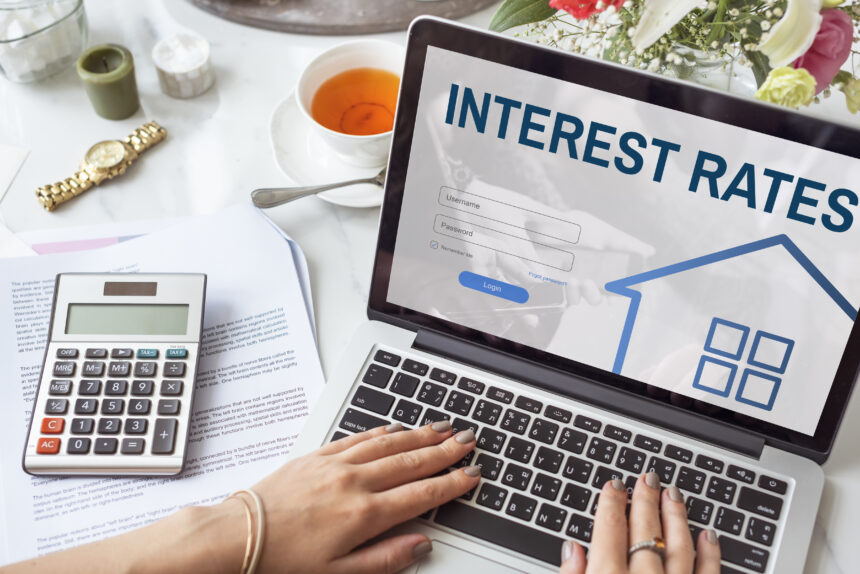Credit cards have become an integral part of our financial lives, offering convenience and flexibility in making purchases. However, it’s crucial to understand how interest rates work when using credit cards to avoid falling into a debt trap. In this article, we will delve into the intricacies of interest rates, explore how they are calculated, and provide tips on managing credit card charges effectively.
Interest Rates 101: Interest rates on credit cards represent the cost of borrowing money from the credit card issuer. When you make a purchase using your credit card and carry a balance beyond the billing cycle, interest charges are applied to the outstanding balance. It’s important to note that not all credit card transactions attract interest charges if you pay your balance in full each month within the grace period.
Calculating Interest Charges: The two common methods used to calculate interest charges on credit cards are the Average Daily Balance method and the Daily Balance method.
- Average Daily Balance Method: Under this method, the issuer calculates the average balance over the billing cycle by summing up the daily balances and dividing it by the number of days in the cycle. The average daily balance is then multiplied by the monthly interest rate to determine the interest charge for that billing cycle.
- Daily Balance Method: With this method, the issuer calculates the balance on each day of the billing cycle. The daily balances are then summed up and divided by the number of days in the cycle to arrive at the average daily balance. This average daily balance is multiplied by the daily interest rate to determine the interest charge for each day. The daily interest charges are then totaled to provide the interest charge for the entire billing cycle.
Managing Credit Card Charges: While credit cards can be powerful financial tools, they can also lead to substantial debt if not managed wisely. Here are some essential tips for effectively managing credit card charges:
- Pay on Time: Ensure you pay at least the minimum amount due by the payment due date to avoid late payment fees and a negative impact on your credit score. Paying the full balance each month is ideal to avoid accumulating interest charges.
- Understand Your Grace Period: The grace period is the time between the end of the billing cycle and the payment due date. If you pay your balance in full within the grace period, you can avoid interest charges. Familiarize yourself with the terms and conditions of your credit card to maximize this benefit.
- Make More than the Minimum Payment: Paying only the minimum amount due can prolong your debt and result in substantial interest charges. Whenever possible, pay more than the minimum payment to reduce your balance and minimize interest costs.
- Prioritize High-Interest Debt: If you have multiple credit cards, focus on paying off the card with the highest interest rate first. This strategy minimizes the overall interest you will pay over time.
- Avoid Cash Advances: Cash advances on credit cards usually attract higher interest rates and often carry additional fees. It’s best to avoid using your credit card for cash advances unless it’s an absolute emergency.
- Monitor Your Statements: Regularly review your credit card statements to spot any errors, unauthorized charges, or fraudulent activity. Report any discrepancies to your credit card issuer immediately.
- Seek Lower Interest Rates: If you consistently carry a balance on your credit card, consider exploring options for transferring the balance to a card with a lower interest rate. This can help reduce your interest charges and facilitate faster debt repayment.
Conclusion: Understanding interest rates and managing credit card charges are essential aspects of responsible financial management. By familiarizing yourself with the workings of interest rates, adopting smart payment strategies, and monitoring your credit card usage, you can effectively control your debt, save money, and maintain a healthy financial life. Remember, a credit card is a tool, and how you use it can greatly impact your financial well-being.










